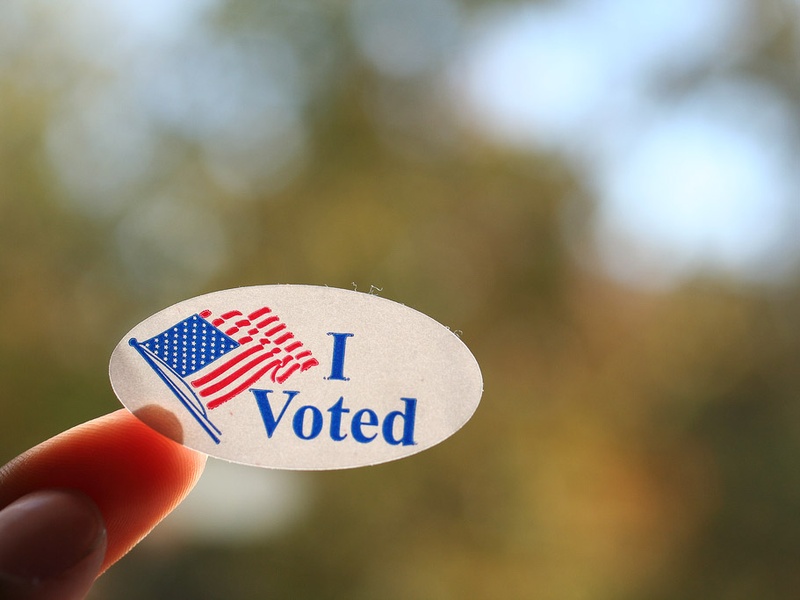
I voted early the other day. I didn’t feel any significant sense of relief, though it did feel good to vote for Hillary. But the election is still two weeks away.
I actually don’t expect to feel a huge sense of relief even if the election turns out the way I think it will, which is that Hillary will win, and win big.
Assuming she wins, I would really love to believe that the story then ends rosily. We will have dodged a bullet by not electing the least qualified, most dangerous Presidential candidate in US history. And we will have elected the most qualified candidate in history, who also happens to be a woman, which is more than a good thing. Both of those facts would be true.
But, the story will not have ended.
In fact, the polarizing currents of separation, racism, economic disparity, misogyny, and xenophobia that this interminable election cycle has exacerbated will continue well past Nov. 8. Whoever is elected may have a very difficult time actually governing.
Our Republic is a flawed but noble adventure that has gotten many things right while sometimes doing grievous harm. We have seen our government paralyzed for years by polarized and entrenched interests that have a difficult time finding common ground, even though it is absolutely imperative that we find it. Now, a demagogue has played up legitimate feelings of disenfranchisement and fanned the flames of anger and blame, fracturing our nation even further. To withhold a commitment to honor the results of the election process at the very core of our democracy is to put the whole enterprise at risk.
This is complexity in action. The election has seemed an astoundingly long process, but from a different perspective, it’s a short chapter in a very long story that will continue into the distant future. The process of emergence, of disruptions to long held assumptions, of high stakes gamesmanship, of acting from narrow sets of interests without regard to the larger whole… these conditions ensure the show will get more dramatic before it settles down.
I am launching a series of blog posts around the rich topic of what it means to live, and lead, in complexity. How we can sense the environment we are leading in, recognize what is at stake for us, and sense how we are responding and what other possibilities might be available to us.
This series of posts is not inspired by the election, nor will it present a narrative about how our country can recover from the scorched earth wreckage of this election cycle. I don’t have answers to this, but it’s clear that Hillary, our next President, has her work cut out for her.
It’s also clear that the US political process is providing a dramatic and current example of complexity that is unfolding in unpredictable ways that exceed our capacity to make sense of them. Note that earlier this year the UK voted for Brexit (based largely on exaggerated promises by dubious promoters,) and Columbia turned down a peace agreement with the FARC rebels that took four years to negotiate. In Columbia, 19% of the population voted for the agreement, 19.2% voted against, and 62% didn’t vote because everyone thought it would pass easily. Both of these examples are catastrophically bad decisions made by democracies that weren’t paying attention.
This is something we can all learn from. Finding new ways to sense and understand complex systems, and to act in them skillfully, is a central task of our times.
Do you know what the first thing is? Vote! You know my heart; follow yours, but vote. The outcome of Nov. 8 will not end the story, but that doesn’t diminish the crucial importance of this particular event along the path. It’s the first thing to do, and as complex as the world is, voting is really simple.
Then, trust that the process of emergence will continue after Nov. 8. There will be plenty of surprises. As Hameed Ali says, “Reality does not take breaks.” So, pay attention. There will be much to learn and much to bear witness to as the future unfolds.
There will be much for each of us to do.
